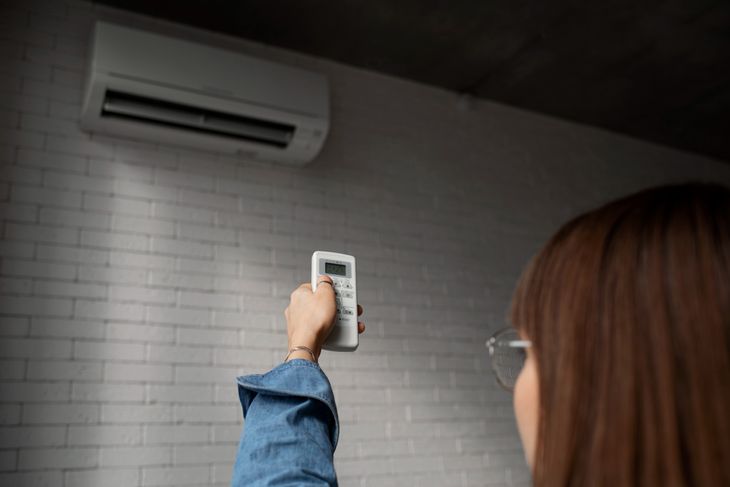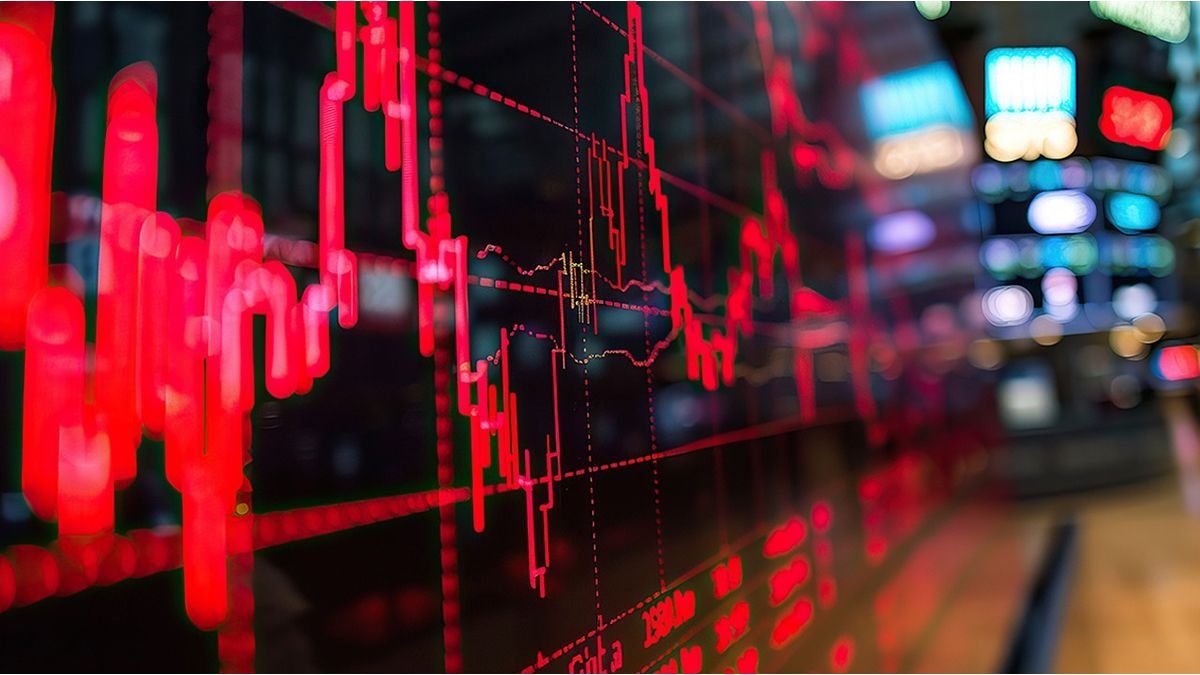As projected by Cammesa, the company in charge of energy administration, this Thursday the 16th at 3 p.m. a peak in energy demand of 29,303 MW of powervery close to the historical record of 29,653 MW on February 1, 2024. That maximum peak was reached at 2:48 p.m., with an average temperature of 31.5° in Buenos Aires, the urban center that consumes the most electricity.
What did Cammesa predict for the coming days?
Camessa warned that due to the high temperatures and heat energy and power demand records may be brokenso it is analyzed import more electricity from Chile, Uruguay, Bolivia or Brazil.
“Demand has a high probability of reaching or exceeding current energy and power records (597.7 GWh and 29,653 MW)”Cammesa noted in its weekly report.
The electricity management company projected that between January 11 and 17 will be presented maximums of 36° and minimums of 25° in CABA (means between 30° and 31°) and “more demanding situations” even in the Center and North of the country between 32° and 34°.
Summer heat dome 2.jpg
Periphery
According to these forecasts, The most critical situation is expected for Thursday, January 16when estimating a peak demand.
In this context, the possibility of importing energy from Chile, Uruguay, Bolivia and Brazil, which will depend on the availability of each of these countries. This Monday the import was only 8% of the total, about 1,900 MW.
The transportation and distribution systems, meanwhile, are operating under “normal” conditions, Cammesa clarified.
How much energy does Argentina have available for summer 2025?
The total installed power of the SADI is 43,148 MWalthough today they are only available around 28,000 MWwith more than 2,000 additional reserve imports.
The Cammesa mid-year 2024 report that raised alarms for possible power outages warned that energy consumption could reach 30,700 MW, that is, more than 1,000 MW above what was recorded in February.
If this figure is met, at least 2,500 additional MW would be necessary to supply the entire system.
Currently the system is supplied with energy from different generation sources: 56% thermal; 16% hydroelectric; 16% renewable; 7% import, and 5% nuclear.
Experts assure that the system problem It does not go through energy generation, but rather through distribution. And although in recent years there has been significant progress in improvements, high demand could saturate the system.
Power outages in the City
In fact, this Wednesday they registered power outages in several neighborhoods of the City of Buenos Aires due to a fire beginning in a medium voltage cable tunnel in Parque Avellaneda.
Until the firefighters put out the fire and Edesur reestablished the supply, some 70,000 users suffered the interruption of service. At 11:30 this Thursday, some 14,000 users remained without electricity. The affected neighborhoods are Slaughterhouses, Villa Lugano and Avellaneda Park.
They warn about the “simultaneous” use of air conditioning and power outages during the heat wave
The electrical distributors of the AMBA They turned on the alerts and demanded rational and efficient use of the equipment. air-conditioning. According to the companies, on many occasions the air is used simultaneously in homes, which generates an exponential increase in electrical consumption and a waste of energy.
air conditioning woman

“Due to different effects, the system is stressed. There is an effect that is occurring in recent times which is the simultaneity in the use of air conditioners. You enter a house and they have three or four air conditioning on at the same time, they don’t rotate them. There is a cultural issue with air conditioning, which is strongly prejudiced for the system”warned Edgardo Volosinexecutive director of Edenor, a distributor with more than 3 million users in the northern area of AMBA and the City of Buenos Aires.
Fewer power outages and greater sanctions: the Government’s request to enable rate increases for Edenor and Edesur
The Government convened two public hearings in which it will ask the electricity distributors improvements in service in the Buenos Aires Metropolitan Area (AMBA) and will toughen sanctions.
In return, companies in the sector expect to maintain their income in real terms, with rate increases consistent with that search and a regulatory framework that facilitates the conditions to access financing.
As confirmed Scopethe hearing will be held on February 27 and there a 40% reduction in the duration of outages in some suburban municipalities, and 30% in some communes of the City Autonomous of Buenos Aires.
Source: Ambito
I am an author and journalist who has worked in the entertainment industry for over a decade. I currently work as a news editor at a major news website, and my focus is on covering the latest trends in entertainment. I also write occasional pieces for other outlets, and have authored two books about the entertainment industry.




